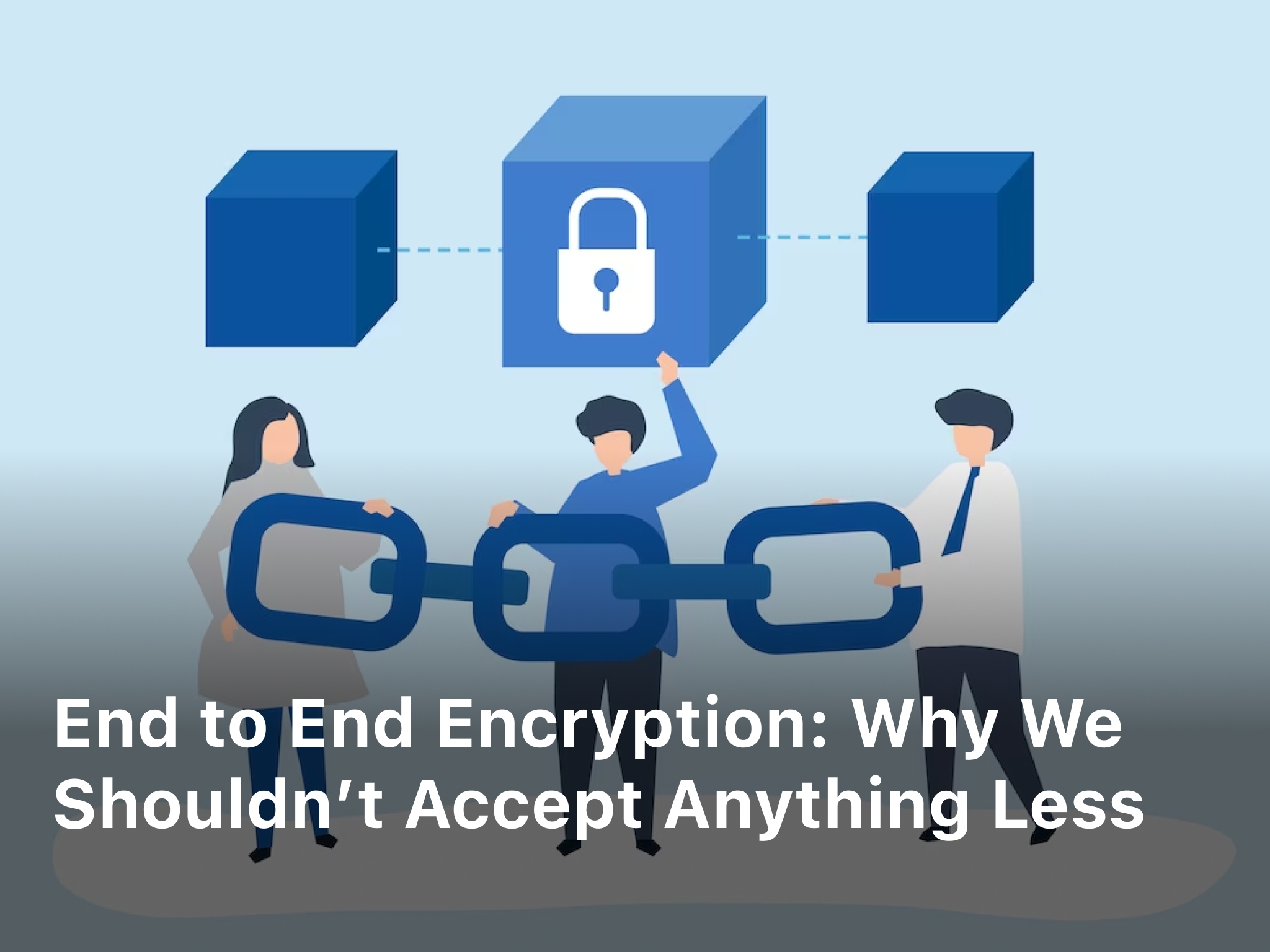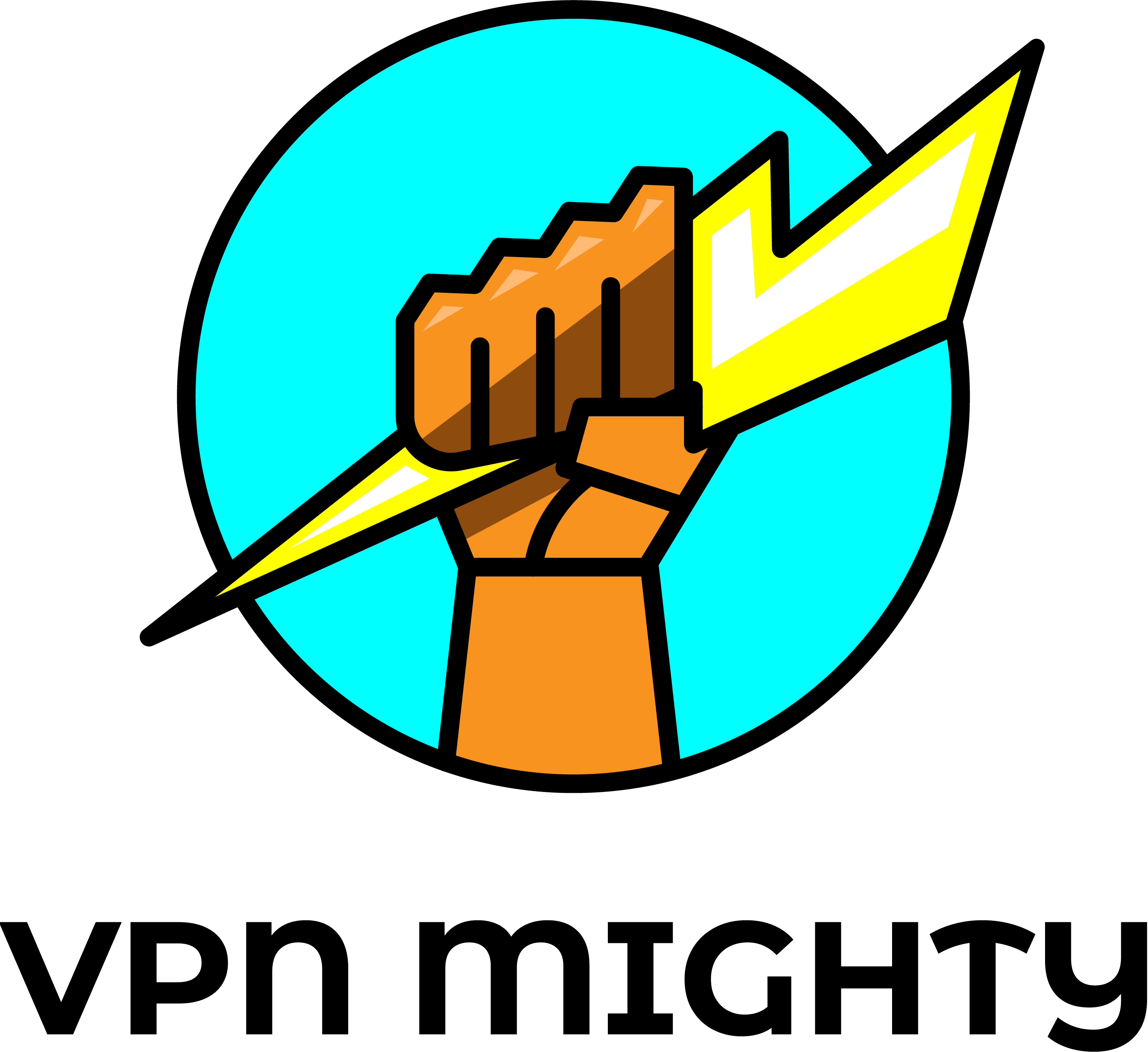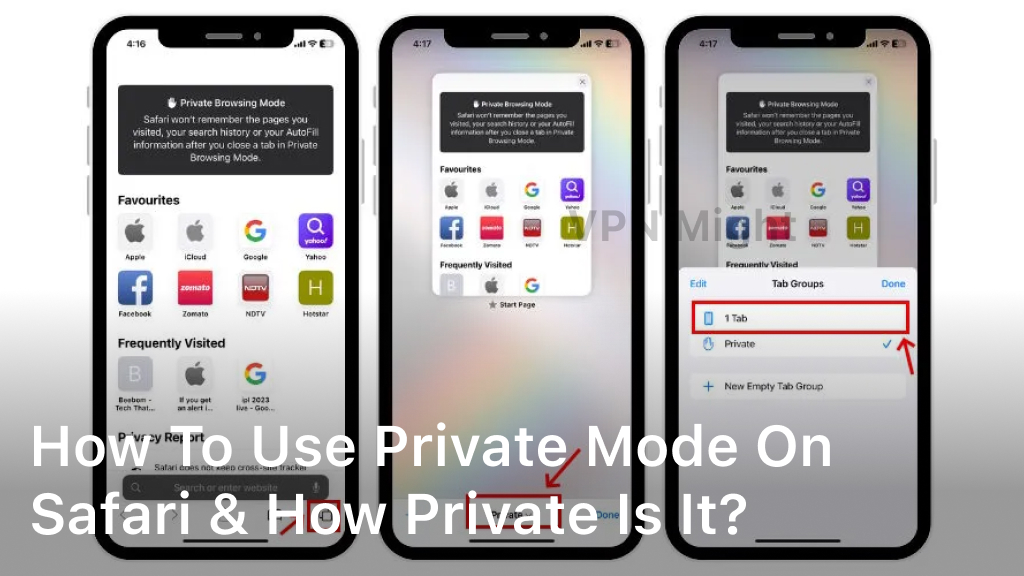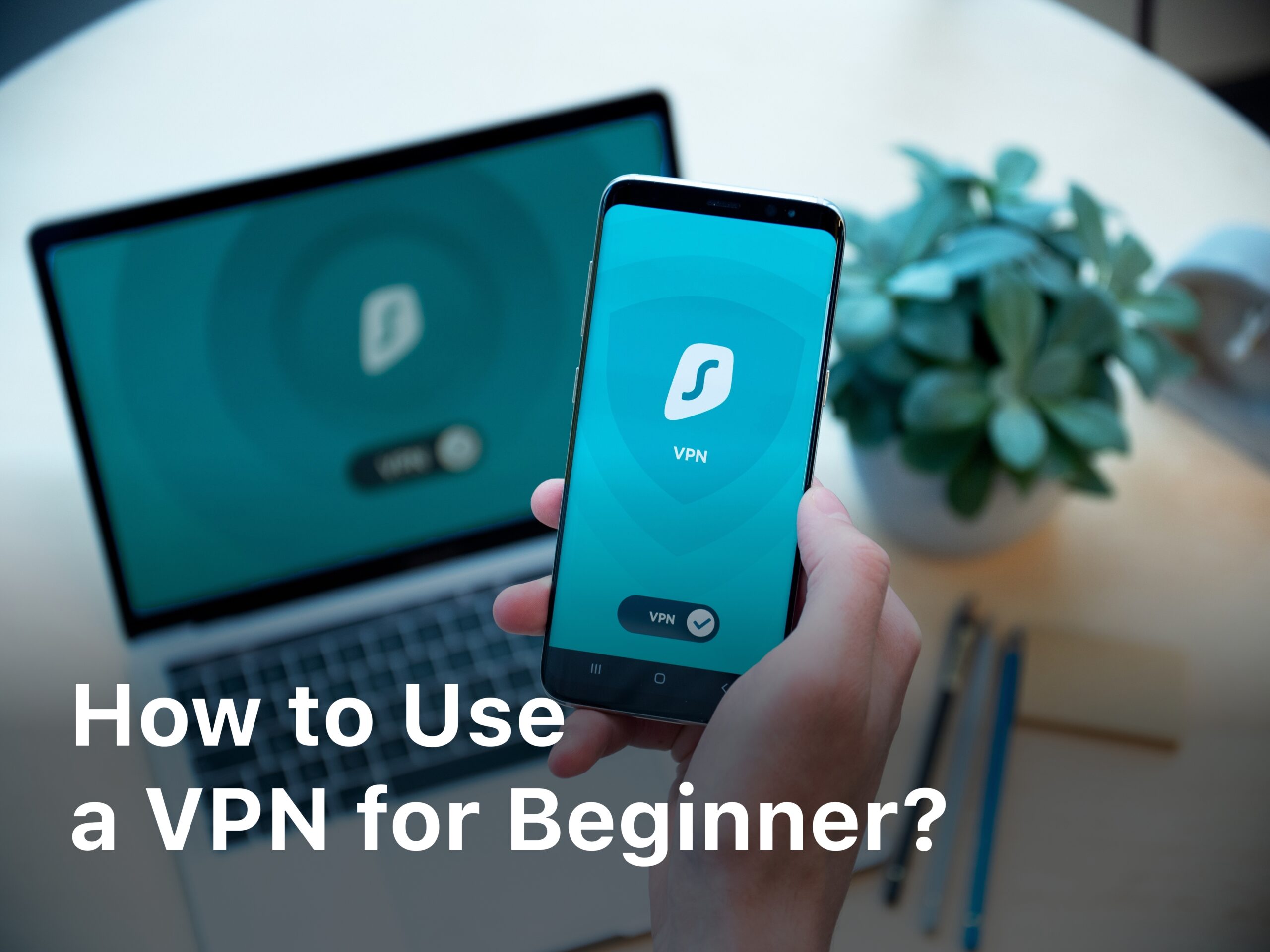End to End Encryption: Why We Shouldn’t Accept Anything Less
So you’re concerned about privacy and security online. You’ve heard about end to end encryption as a way to keep your messages, calls, and data protected from prying eyes. But do you really understand what it is and why it matters? End to end encryption means your data is encrypted on your device before being sent and only decrypted by the recipient. No one in between, not even the company facilitating the communication, can access the content.

In today’s digital world where hacks and data breaches are commonplace, end to end encryption is the only way we can be truly confident our sensitive information remains private. Without it, your messages and personal details are vulnerable to exploitation. It’s time we as users demand nothing less than end to end encryption to safeguard our data. Our security and privacy depend on it. Keep reading to understand why we must stand up for encryption and refuse to use services that don’t make it a priority. The risks are just too great.
What Is End-to-End Encryption and Why Does It Matter?
End-to-end encryption means that your messages are encrypted on your device and can only be decrypted by the intended recipient. No one in between, not even the company facilitating the communication, can read your messages.
- Why does this matter? Privacy and security. Without encryption, any data transmitted over the Internet is vulnerable to being viewed by third parties. Encryption protects your personal information, financial data, health records, and any other sensitive communications from prying eyes.
- How does end-to-end encryption work? It uses an algorithm to convert your original message (called plaintext) into an unreadable format (called ciphertext). Only the recipient has the key to unlock the ciphertext and read the original message. Not even the company that provides the communication service can access your plaintext messages or decrypt them.
- What’s at stake? Your basic rights to privacy and freedom of speech. End-to-end encryption prevents mass government surveillance, protects journalists and whistleblowers, and allows people to freely express themselves without fear of retribution. Without it, there is no guarantee of confidential communication.
- What can you do? Demand end-to-end encryption from the services you use. If a messaging app you use does not employ encryption, your information is not fully private and secure. Choose encrypted alternatives and let companies know you will not use their products or services until they make this basic security measure available. Our data and communications deserve protection, so we must advocate for our right to privacy.
End-to-end encryption is essential for civil liberties and privacy in the digital age. Accept nothing less when it comes to securing your sensitive data and personal communications. The future of free expression depends on tools that shield us from mass surveillance and censorship. Protect yourself – use end-to-end encryption whenever possible!
Related Article : 3X VPN – Unlimited & Safe for PC Windows And Mac- VPNMigthy
The Threats of Unencrypted Communication
We live in a digital age where most of our communication happens online. Emails, messaging apps, social media – the ways we connect are endless. But without end-to-end encryption, all of these communications are vulnerable.
Your messages can be read by anyone who intercepts them, from cybercriminals to governments. Unencrypted data is like sending a postcard – anyone along the way can read what you wrote.
(-) Governments have been known to monitor citizens’ communications. Do you really want someone reading your private messages?
(-)Hackers frequently break into company servers and steal user data. If your messages aren’t encrypted, your personal info could end up for sale on the dark web.
(-)People snoop through unsecured WiFi networks all the time. If you connect to public WiFi and send unencrypted messages, anyone else on that network can see what you’re sending.
End-to-end encryption ensures that only you and the intended recipient can read your messages. Even if someone intercepts your communications, the data is unreadable. It’s the only way to keep your digital conversations truly private in today’s world.
Demand end-to-end encryption from the services you use. Your security and privacy depend on it. Unencrypted data is data at risk, and in today’s digital world we all have too much to lose. Don’t settle for anything less than full end-to-end encryption. Your privacy is worth protecting.
Why “Strong Encryption” Isn’t Enough “Strong encryption” is not created equal.
Not all encryption methods are foolproof. Some companies claim to use “strong encryption” to protect your data, but that can mean a range of things. The truth is, anything less than end-to-end encryption leaves your information vulnerable.
Backdoor access puts data at risk.
Some companies build in “backdoor access” to user data, meaning they hold a key that can unlock your encrypted information. Law enforcement often pressures companies to provide backdoor access under the guise of national security. However, any backdoor access weakens encryption and exposes data to potential hacking and misuse. There’s simply no way to guarantee that only approved entities will access an encryption backdoor.
### Metadata still reveals a lot.
Even with encryption, metadata—like who you contacted, when, and for how long—is still visible. While the content of communications may be hidden, metadata can reveal patterns of behavior and relationships. Sophisticated analytics tools can learn a surprising amount from metadata alone.

Proper encryption should be end-to-end.
End-to-end encryption means that only you and the intended recipient have the “keys” to unlock and read the encrypted information. The service provider does not hold a key and cannot access the data. Open-source encryption standards like Signal Protocol are considered very secure, while proprietary encryption methods by tech companies are difficult to evaluate independently.
To have real confidence in your digital privacy, accept nothing less than encrypted services with end-to-end encryption and open security standards. While backdoors and metadata may seem convenient, our sensitive data deserves the highest protection. Stand up for your right to true privacy and encryption without compromise.
How End-to-End Encryption Protects Your Data
End-to-end encryption is one of the best ways to keep your personal data private and secure. With end-to-end encryption, only you and the intended recipient can read the messages you send. Not even the company that provides the service has access to your messages.
How End-to-End Encryption Works
End-to-end encryption uses cryptographic techniques to encrypt your messages before they leave your device. The encrypted data is then sent to the recipient, who is the only one who can decrypt it using a digital key. Without the key, the data is unreadable. This prevents unwanted eavesdropping from hackers, internet service providers, and even the tech companies themselves.
Why You Should Demand End-to-End Encryption
- Privacy: End-to-end encryption ensures complete privacy for your digital communications. Your messages, photos, voice messages, and video chats are encrypted so no one but you and the recipient can access them.
- Security: End-to-end encryption protects your data from hackers, data breaches, and spying. Even if a service’s servers are compromised, your encrypted data will remain secure.
- Trust: Without end-to-end encryption, you have to trust tech companies to keep your data private. But with end-to-end encryption, your data is encrypted before it’s sent to the company, so they have no ability to access or read your messages. You’re in full control of your data.
What You Can Do
Demand end-to-end encryption from the services you use. Let companies know you expect them to make privacy and security a top priority. Use encrypted messaging apps like Signal, WhatsApp, and iMessage which have end-to-end encryption enabled by default. Turn on encryption options in other services whenever possible. Together, we can push for stronger data protection standards and build a future with robust encryption for all. Our data privacy depends on it.
Why We Should Demand End-to-End Encryption
Your Data Is Only as Secure As Its Weakest Link
When it comes to your digital privacy, end-to-end encryption is the gold standard. Unlike standard encryption, end-to-end encryption protects your data throughout its entire journey – from when you first send a message to when the recipient reads it. Without end-to-end encryption, your sensitive information is at risk of being accessed by third parties at any weak point along the way.
Companies Have a Responsibility to Protect Users
Tech companies have access to huge amounts of our personal data, and with that access comes the responsibility to keep users safe. By only using standard encryption, companies leave an opening for unauthorized access. End-to-end encryption helps ensure that companies meet their obligation to protect customers by making data inaccessible to everyone except the intended recipient.
You Should Demand Nothing Less
When we use messaging apps, email, or any digital service to communicate or store sensitive data, we have an expectation of privacy. As users, we deserve tools that provide the highest level of security for our digital lives. Don’t settle for anything less than end-to-end encryption. Demand that companies make it a priority to implement the most secure technology available to protect your data and digital communications.
The Risks Are Real
Without end-to-end encryption, the sensitive details we share online are vulnerable. Our passwords, financial data, health information, and private conversations could potentially be accessed by hackers, abusive partners, or overreaching governments. For marginalized groups in particular, compromised data safety can threaten livelihood and even personal safety. End-to-end encryption helps mitigate risks like identity theft, stalking, and state-sponsored surveillance. When it comes to your digital privacy, accept nothing less than the maximum protection.
Conclusion
So there you have it: end to end encryption should be non-negotiable in today’s digital world. Don’t settle for anything less when it comes to protecting your online privacy and security. Demand true end to end encryption from the services you use to ensure your data and communications remain private. While it may be an inconvenience for law enforcement or tech companies at times, your right to privacy and security should come first. Stand up for your digital rights and only support companies that make end to end encryption a priority. In a time when governments want increased access to people’s data and tech companies have been caught misusing user information, end to end encryption is more critical than ever. Don’t give an inch on this one – your security and privacy depend on it.



